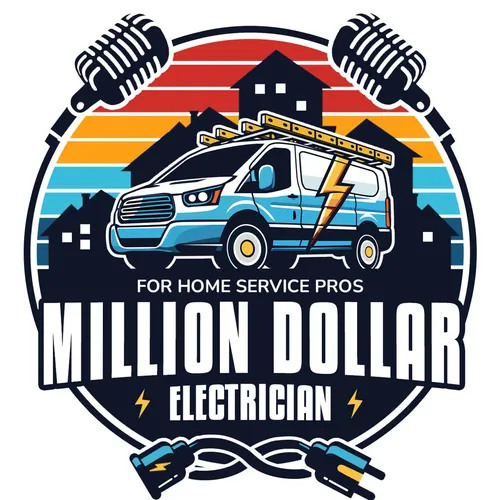Epidode 18 - Be Right or Get Paid? - Dealing With "That" Client
- Author
- Clay Neumeyer
- Published
- Mon 06 Mar 2023
- Episode Link
- None
As an electrician, clients may test you in so many ways. They may question your work, haggle on the price, ask for additional work outside of the agreed-upon scope, or make unreasonable demands.
In some cases, clients may even become confrontational, rude, or threatening, which can be particularly stressful and challenging to manage. If you don't know how to handle this situation, you might lose the job, or even get negative reviews, affecting your business overall.
Undeniably, this is a usual part of being an electrician. However, it is important to remember that the best way to handle difficult situations is with professionalism and respect. People don't do things for no reason, and clients you're handling may be frustrated, have a tough time, or simply not have a great life.
And while this might not be a reason to act inappropriately, it gives you something to consider while you work out the best way to move forward. It's important to pause, take a deep breath, and try to understand the other person's perspective.
Remember, you are more than what they perceive of you. You are bigger than the situation at hand. At the end of the day, you know yourself, and you have a better understanding of why things are happening. Use this knowledge to your advantage — be the bigger person and help resolve the situation.
Regarding price haggling, if you feel like you're being taken advantage of, stand your ground and don't be afraid to show the client why you price your services the way you do. Explain all of the factors that went into determining the price, and if push comes to shove, let them know you have other options you can offer them if they don't want to go for the top choice.
While showing your clients that you're an understanding and respectful person is important, don't forget to protect yourself. Know your worth and believe in the number you're going to charge. And most importantly, always have six options to offer because the more options you offer, the more likely the client is to find one that fits their budget.
That way, you and your client can benefit from a mutually beneficial agreement. Ultimately, finding a way to balance both sides is the best way to reach an agreement that works for everyone.
